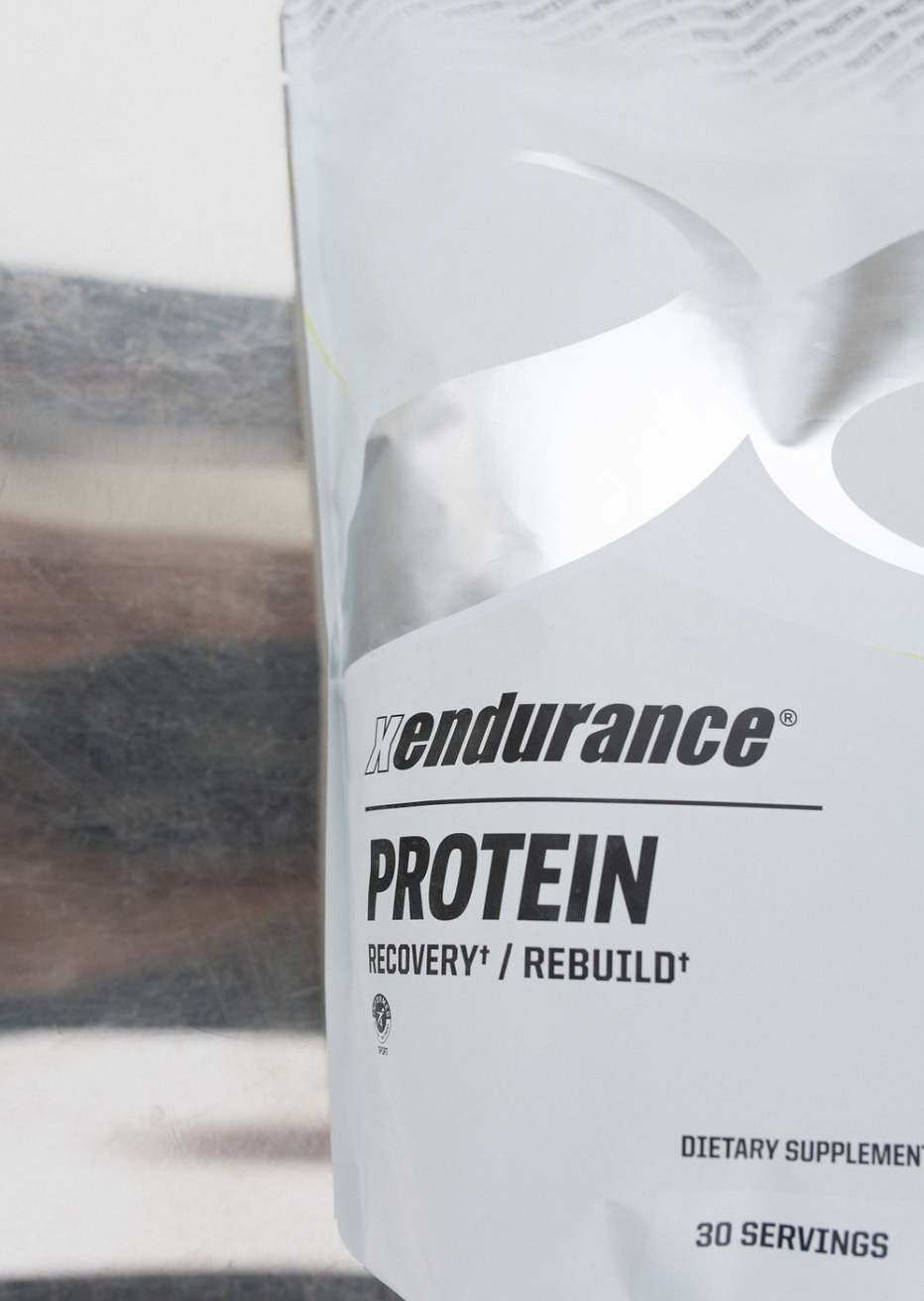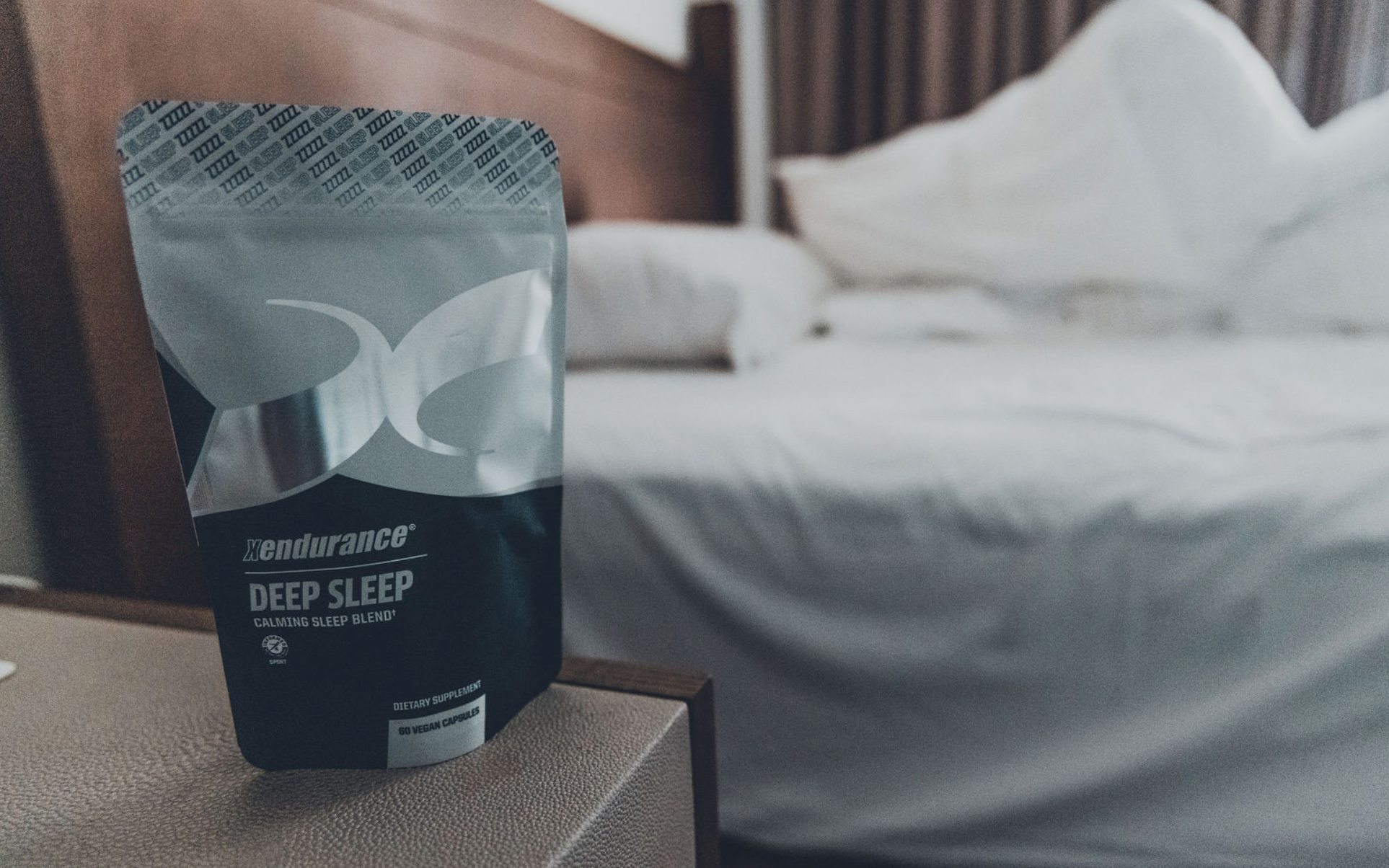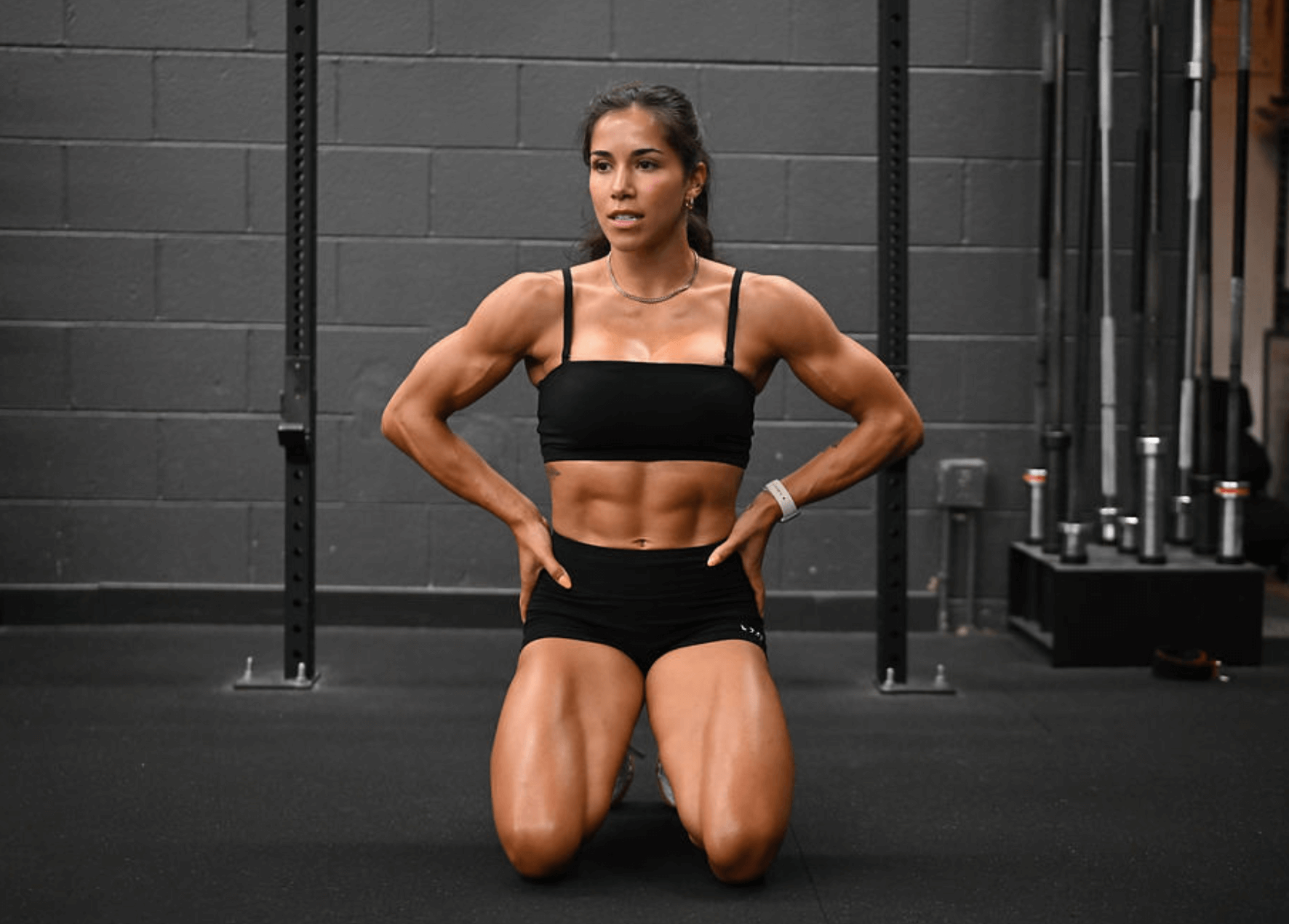For athletes and active individuals, protein plays an important part in performance and recovery. It's not just about building muscle; protein is essential for repairing tissues, making enzymes, and helping overall health. But how much protein do you need each day to get the most out of your performance?
Figuring out how much protein you need each day can be a bit tricky, as it involves several factors such as your age, activity level, and fitness goals. In this article, we will explore how to calculate your protein requirements and the best sources to meet those needs. Understanding these elements will help you make informed decisions about your nutrition and performance.
Understanding Your Protein Needs
When it comes to figuring out "how much protein do I need," there are a few important things to think about:
- Age: As we age, our protein needs can change. Older adults may require more protein to help maintain muscle mass and strength.
- Activity Level: Those who engage in regular intense exercise or training may need more protein compared to those with a sedentary lifestyle.
- Fitness Goals: Whether you're looking to build muscle, lose weight, or maintain your current physique, your protein intake will vary accordingly.
Understanding these factors will help you figure out the right amount of protein for your individual needs. It's important to adjust your protein intake to support your specific fitness goals and lifestyle, ensuring you get the most out of your workouts and recovery.
How Much Protein Should I Eat a Day?
Understanding how much protein you should consume daily is important for athletes and active people. Generally, the recommended daily protein intake is:
- Sedentary Individuals: About 0.8 grams of protein per kilogram of body weight.
- Moderately Active People: Approximately 1.0 to 1.2 grams per kilogram of body weight.
- Highly Active Athletes: Between 1.2 and 2.0 grams per kilogram of body weight.
For those doing intense training or looking to build muscle, protein needs might be on the higher end of the spectrum. According to research, meeting these protein requirements is essential for recovery and maximizing performance.
Protein Calculator: A Useful Tool
A protein calculator can be a valuable tool in making your protein intake personal. These calculators consider factors such as your weight, age, gender, and activity level to provide a tailored protein recommendation.
To use a protein calculator properly:
- Input Your Details: Enter your weight, age, gender, and activity level.
- Set Your Goals: Specify if you're aiming for maintenance, muscle gain, or weight loss.
- Review Recommendations: The calculator will suggest a daily protein amount suited to your needs.
Using a protein calculator helps ensure you're consuming the right amount of protein to support your fitness goals, whether it's enhancing endurance, building strength, or aiding recovery.
High-Protein Foods: Best Sources
Adding high-protein foods into your diet is crucial for supporting muscle growth, repair, and general health. Here are some of the best sources of protein you can include in your meals:
- Lean meats: Chicken, turkey, and lean cuts of beef are excellent sources of protein. They are rich in essential amino acids needed for muscle repair and growth.
- Fish: Salmon, tuna, and sardines not only provide protein but also supply healthy omega-3 fatty acids, which are beneficial for heart health.
- Eggs: A versatile and complete protein source, eggs are packed with nutrients and can be easily incorporated into various dishes.
- Dairy products: Milk, yogurt, and cheese are good sources of protein and calcium, supporting bone health.
- Legumes: Beans, lentils, and chickpeas are plant-based protein sources that are also high in fiber, promoting digestive health.
- Nuts and seeds: Almonds, walnuts, and chia seeds offer protein along with healthy fats and other essential nutrients.
For a more comprehensive list of high-protein foods, you can refer to this resource from Harvard Health.
Protein and Weight Management
Protein plays a big part in weight management and overall health. Consuming enough protein can help you feel fuller for longer, reducing the likelihood of overeating. Here's how protein can aid in weight control:
- Appetite regulation: High-protein diets can raise levels of fullness hormones, helping to reduce hunger and reduce calorie intake.
- Muscle maintenance: Protein supports muscle mass, which is crucial for maintaining a healthy metabolism. More muscle mass helps you burn more calories even at rest.
- Thermic effect: The body uses more energy to digest protein compared to fats and carbohydrates, which can boost your metabolism slightly.
To learn more about the impact of protein on weight management, you can read this study on the role of protein in weight control.
Summary and Next Steps
Understanding your protein needs is crucial for getting the most out of your performance and recovery. We've explored how factors like age, activity level, and fitness goals influence how much protein you need. General guidelines suggest varying protein intake based on activity levels, and tools like a protein calculator can help personalize your diet. High-protein foods are essential for meeting these needs, supporting weight management, and improving general health.
To support your performance and recovery goals, consider exploring Xendurance's range of supplements. Our products are designed to enhance endurance, strength, and overall wellness. Visit the Xendurance website for more information on how our products can help you meet your nutritional goals.
Explore Xendurance for Optimal Performance
As you strive to reach peak performance, remember that the right nutrition is key. Xendurance offers a variety of supplements that can aid in meeting your protein and nutritional needs. From endurance and energy support to immune and strength supplements, our products are crafted to support your active lifestyle.
To learn more about how Xendurance can help you achieve your fitness goals, visit our website. Discover our range of performance-driven supplements and find the support you need to enhance your training and recovery.
For specific protein needs, check out our Supergrade Protein and explore our Recovery Collection for optimal post-workout support. If weight management is your goal, consider our Weight Management Pack to help you stay on track.









コメントを書く
このサイトはhCaptchaによって保護されており、hCaptchaプライバシーポリシーおよび利用規約が適用されます。